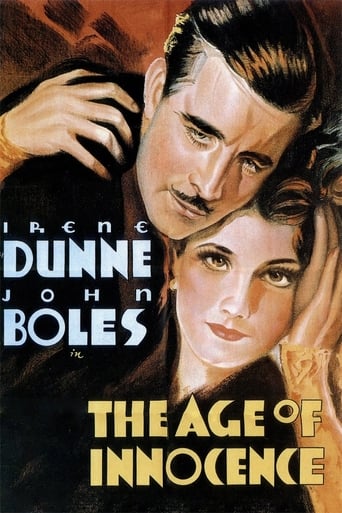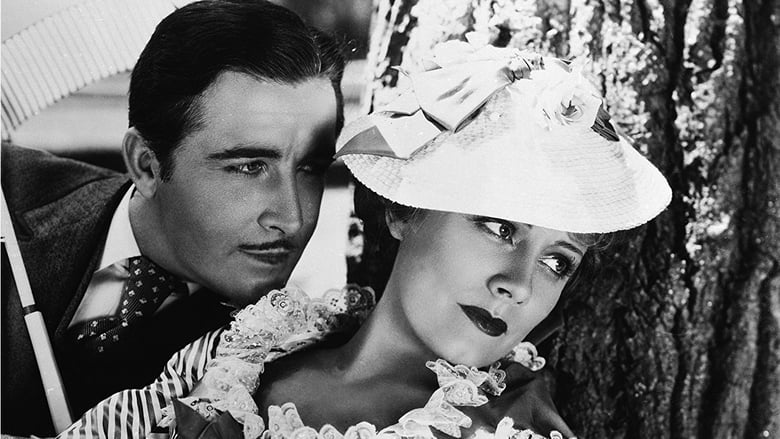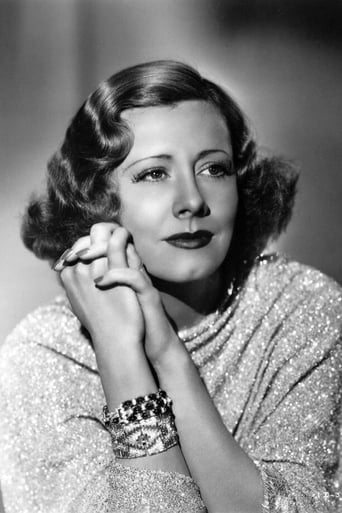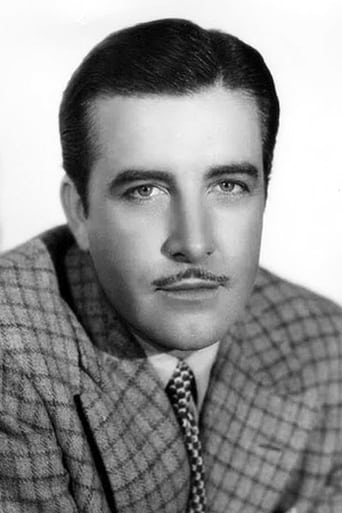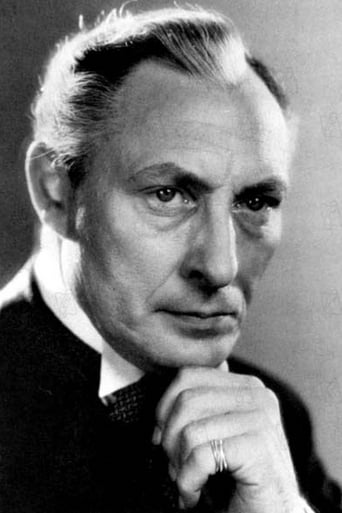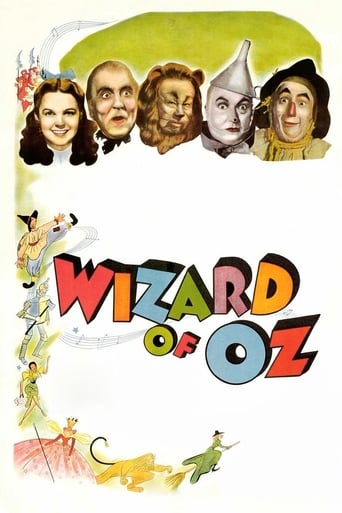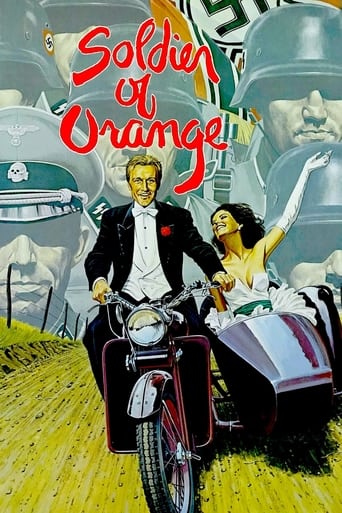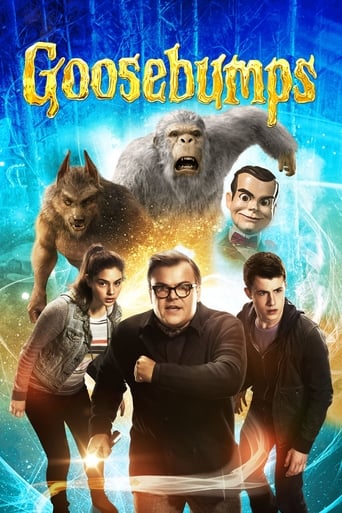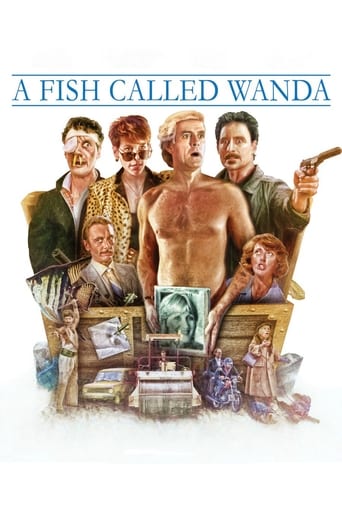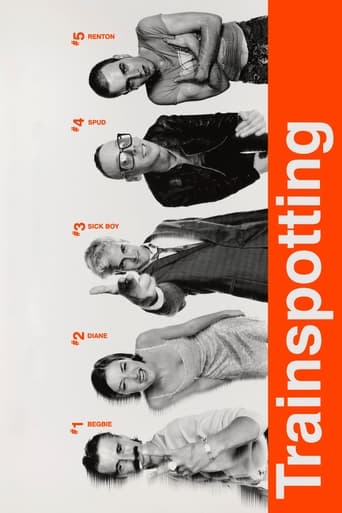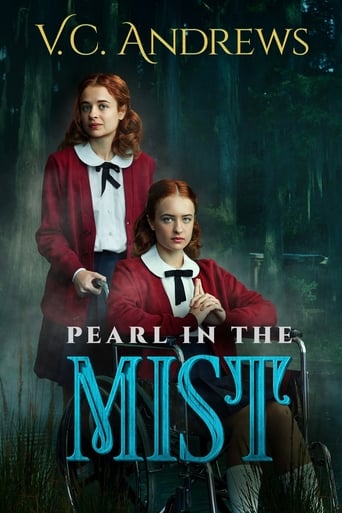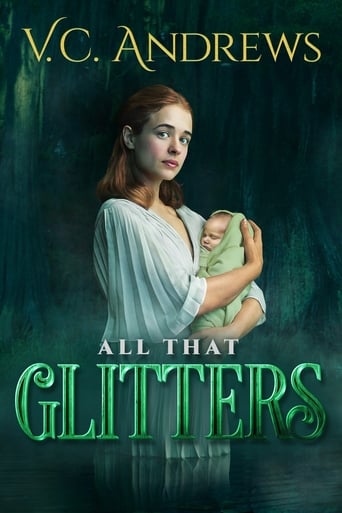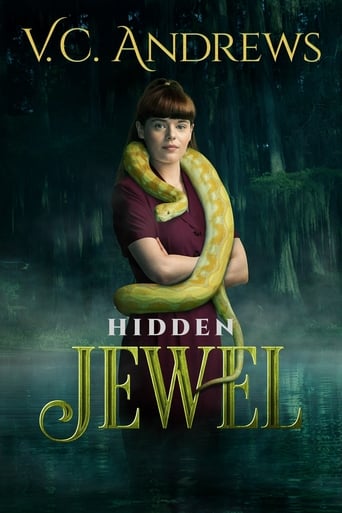The Age of Innocence (1934)
An engaged attorney and a divorcee fall for each other in 1870s Manhattan.
Watch Trailer
Free Trial Channels
Cast


Similar titles
Reviews
I gave it a 7.5 out of 10
This movie was so-so. It had it's moments, but wasn't the greatest.
A great movie, one of the best of this year. There was a bit of confusion at one point in the plot, but nothing serious.
There's no way I can possibly love it entirely but I just think its ridiculously bad, but enjoyable at the same time.
I just watched The Age of Innocence and although it is a good movie, I wish it were made in color. The Ladies costumes were great and Irene Dunn looks amazing. I have one question, did men in the 1870s wear clothing that were styled much later? John Boles' fedora and suits stepped right out of the 1930s.
I finally saw this version for the first time this morning on TCM. While I missed the first 15 minutes of it, I have to say the film is in pristine condition. Irene Dunne and the supporting cast is great. The costumes are beautiful. I felt bad about the way Newland and Countess Oleska were not truly honest about how they felt and with themselves. When May (Julie Haydon) asks Newland( John Boles) if he was in love with someone else, this could have been his opportunity to leave and go back to the woman he truly loved. But to lead her on like that was heart-breaking. I also believe that John Boles was miscast. Yes, he was very handsome, but I think that someone like Melvyn Douglas, Paul Muni, Herbert Marshall, or Robert Montgomery would have been better suited for the part. While Julie Haydon did a good job as May, I think Loretta Young, Dorothy Wilson, Jean Parker, or Mary Carlisle would have been better cast. All in all, it was a decent film which lacked passion.
Technically speaking, this is a generally well made film. The acting (apart from some serious over-melodramatic acting from John Boles) was good and the entire production looked marvelous. So why, then, only a score of 5? Well, the story seems to try hard to make an excellent point--only to have it undone by plot holes that just don't make a lot of sense. Perhaps in the original Edith Wharton novel this is not the case, but here the film seems to be missing something.The film begins with Boles ("Newland Archer") becoming engaged with his long time sweetheart, May. They seem like a happy couple and they are going into the upcoming marriage with not a care in the world other than wanting to marry sooner than later. At about the same time, May's cousin (Countess Ellen Olenska--played by Irene Dunne) is arriving from Europe and there is a great scandal because Mrs. Olenska is planning on divorcing her husband--something that polite society at the time would NEVER condone. It is interesting that we never see her husband nor do we really know much about their marriage other than the fact that she is unhappy and wants out--even though her family is strongly in favor of her remaining married. The family's wishes, oddly, are NOT because of a love for Olenska but because they were more concerned about how the scandal would ruin their good name! Many, in fact, were totally unconcerned about her soon to be ex-husband nor about adultery--just what others would think. This hypocrisy made for an excellent theme and I wish the film had really worked more on this angle.Unfortunately, out of the blue, Archer suddenly announces to the Countess that he loves her!! Where this comes from makes no sense at all--especially since his bride to be is a sweet lady who has done no one wrong. Yet despite this profession, Archer still marries May and they go on their honeymoon. During this time, Archer is distant and quite frankly a major jerk--pining for the Countess and ignoring his poor wife. Frankly, any sympathy you had for the Countess and her divorce is quickly lost because she, too, is conspiring with Archer to run away together. So instead of an excellent story of hypocrisy, the story becomes a story of lust and selfishness--making the viewer really hate Boles and Dunne (especially Boles). All the great buildup of the last hour of the film is practically thrown away when this affair appears out of nowhere.So what, at this point, is the point of the film? This ambiguity was a serious deficiency with the film. Had Archer never married May and then run off with the Countess, then you might have had a lot of sympathy for the couple. As is, they just seemed nasty and selfish. And the overall message seemed muddled. Were they trying to excuse away adultery or somehow trying to be pro-marriage? I really don't know. Had Archer acted rationally and consistently and less like a weasel, then this message would have been much more clear. As a result, it seriously deadens the impact of this film. It COULD have been much, much better.
The acting in this film was of the old school: corny and stiff. Irene Dunne is luminous, and comes off the best even though she has some very unnatural lines to say. Still, her ability to convey emotion comes through.Old movie buffs will find at least some redeeming qualities in this film through observation of cinematic technique of the 1930s. Otherwise, it is not really that worthwhile.

